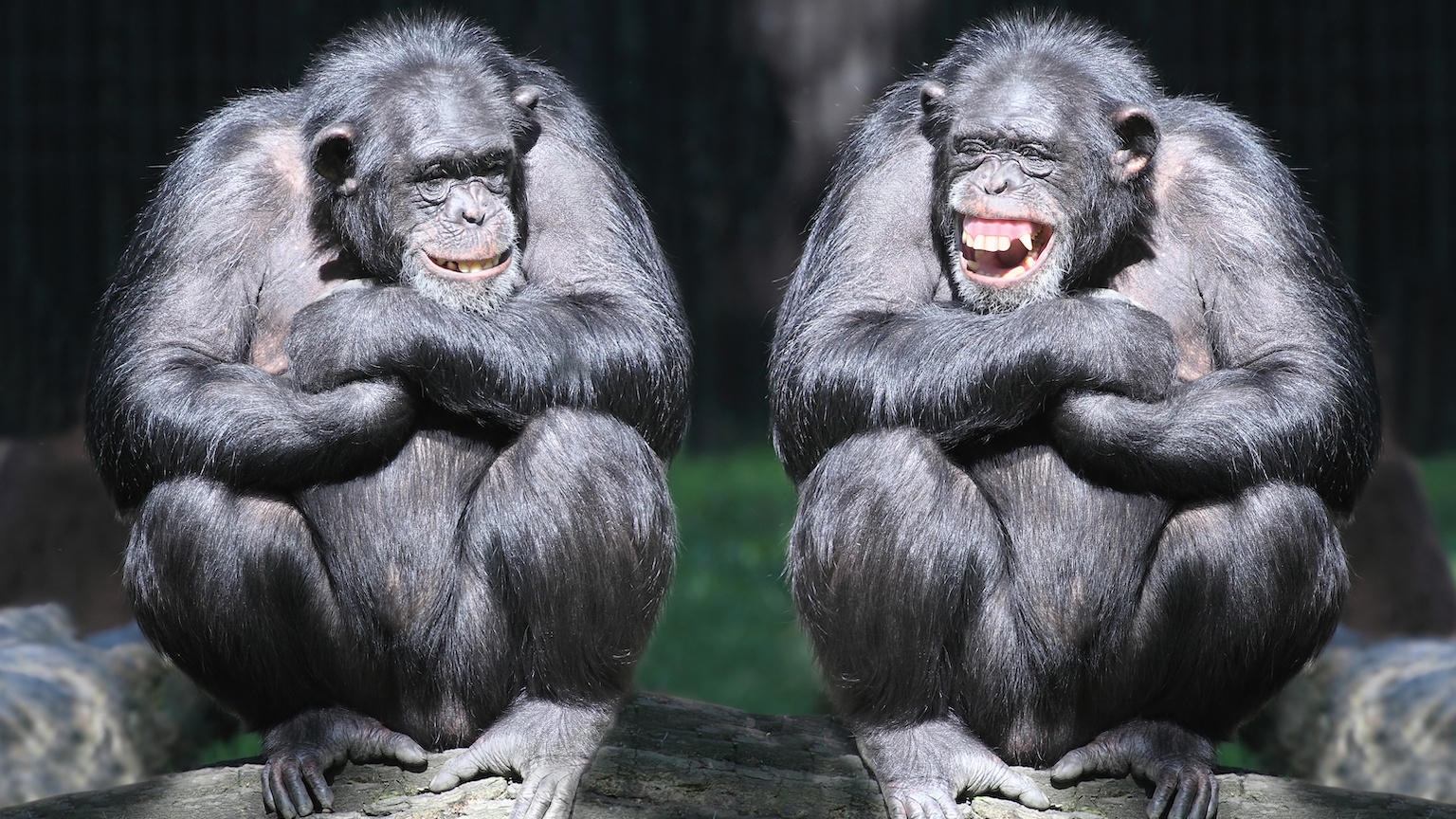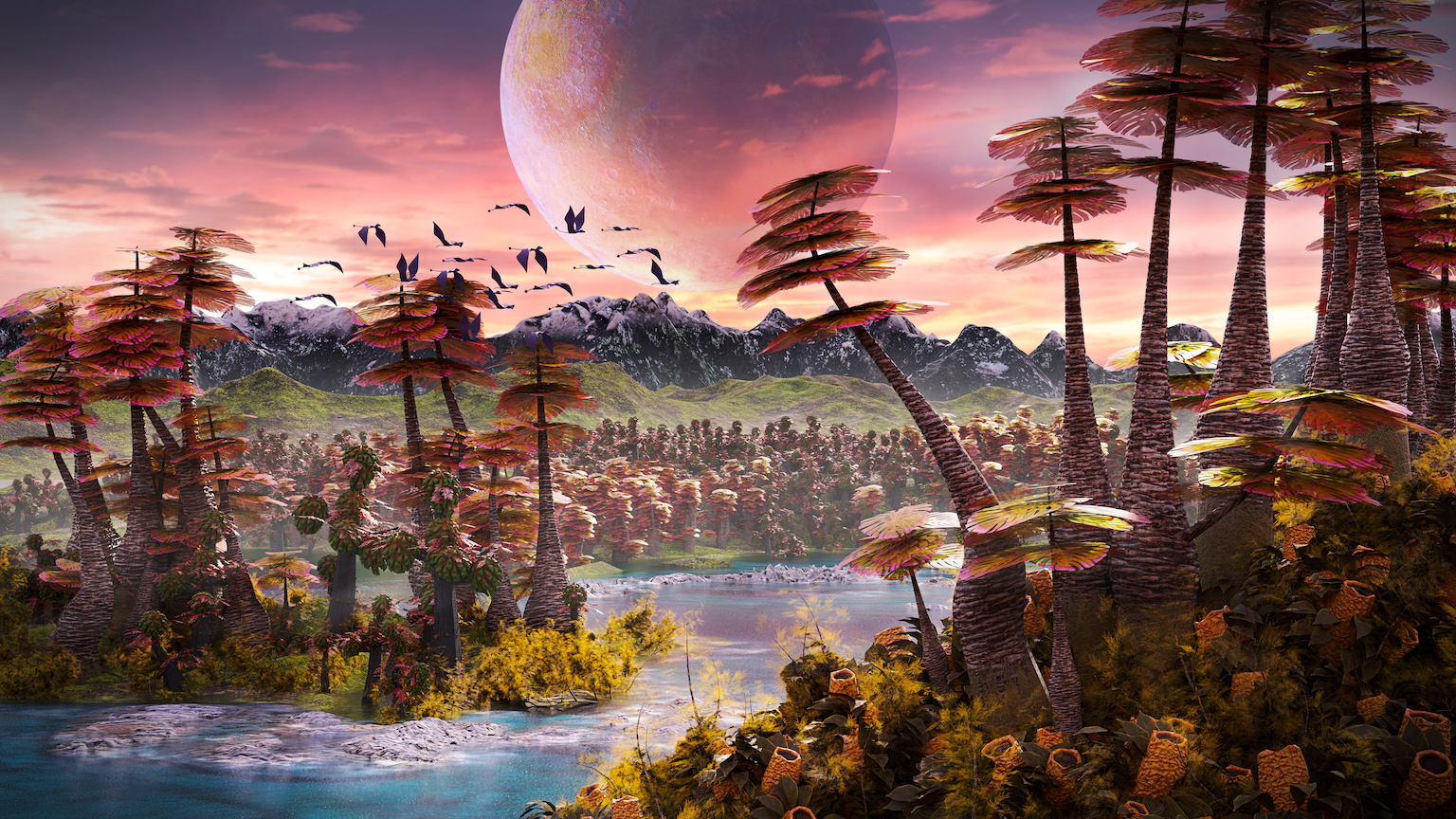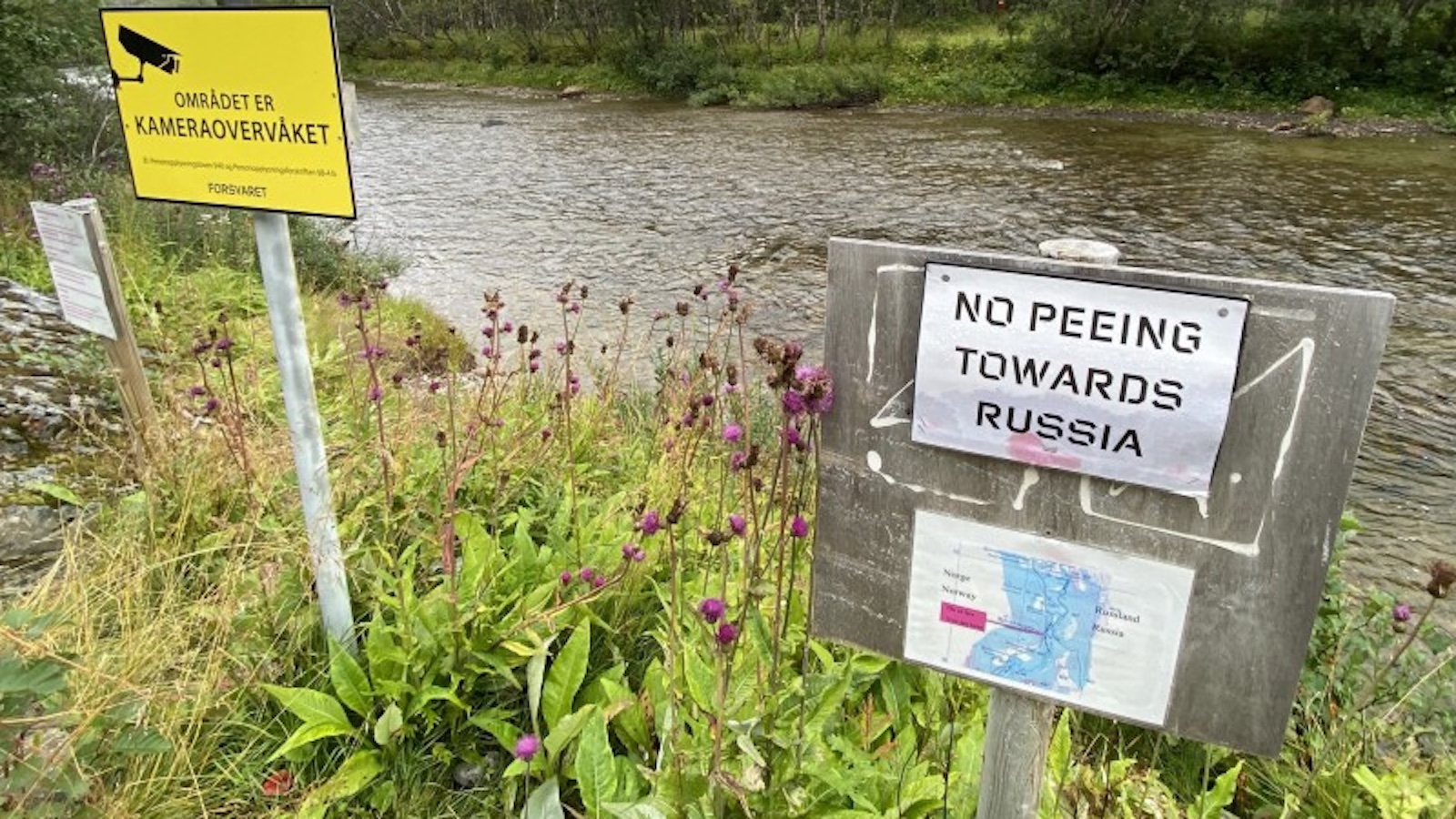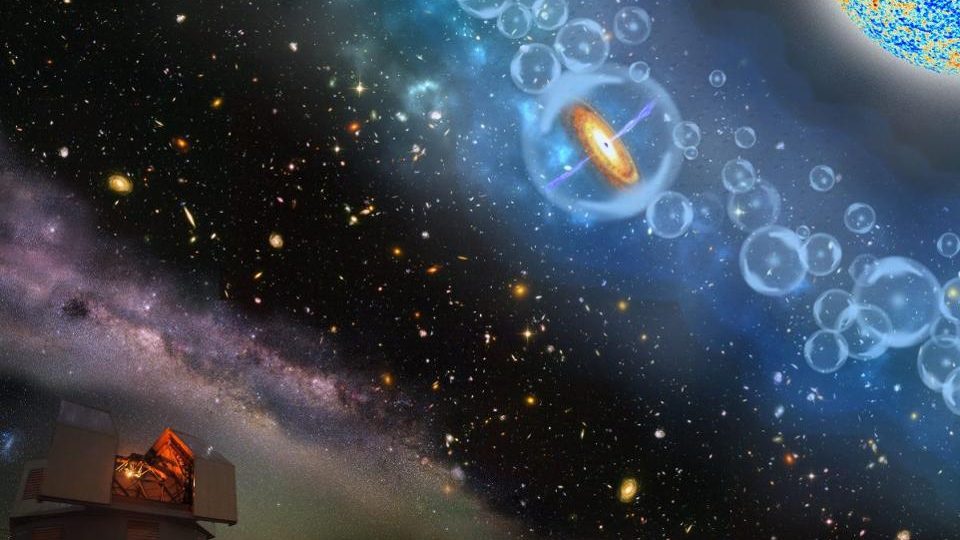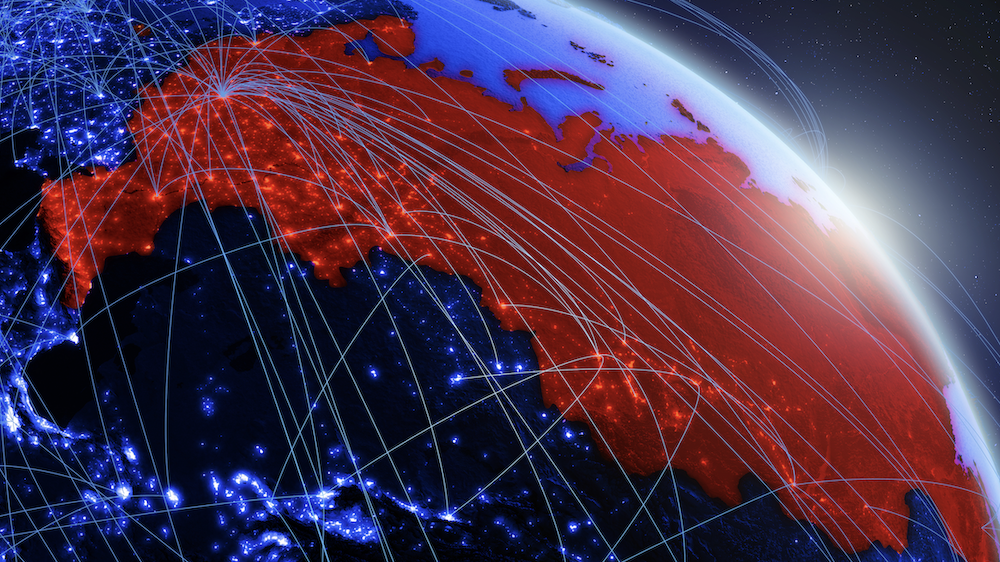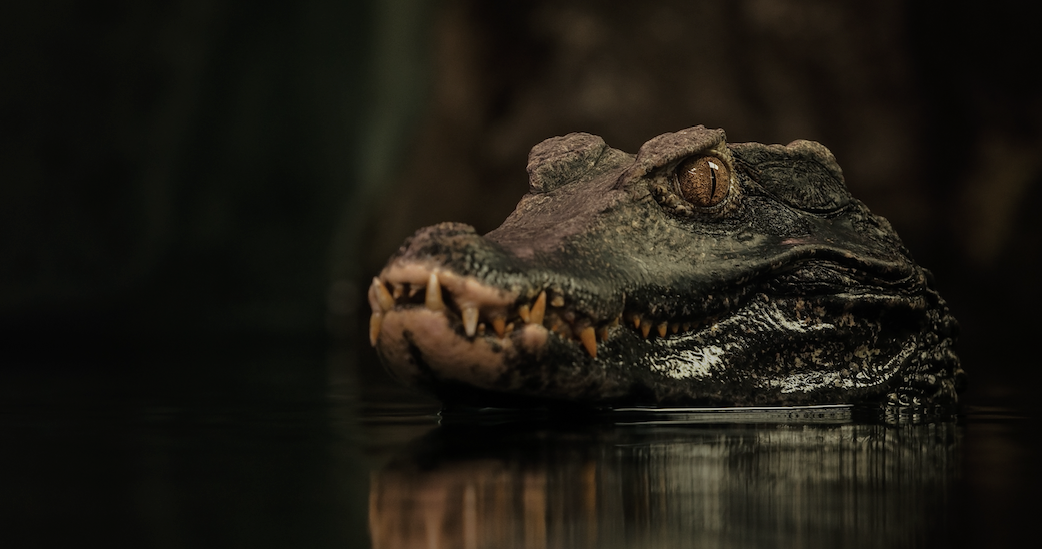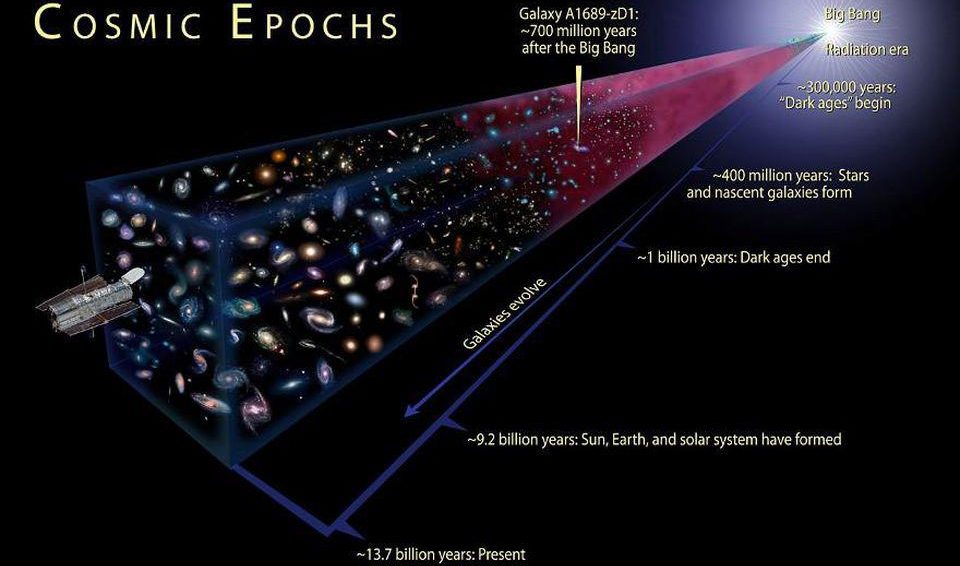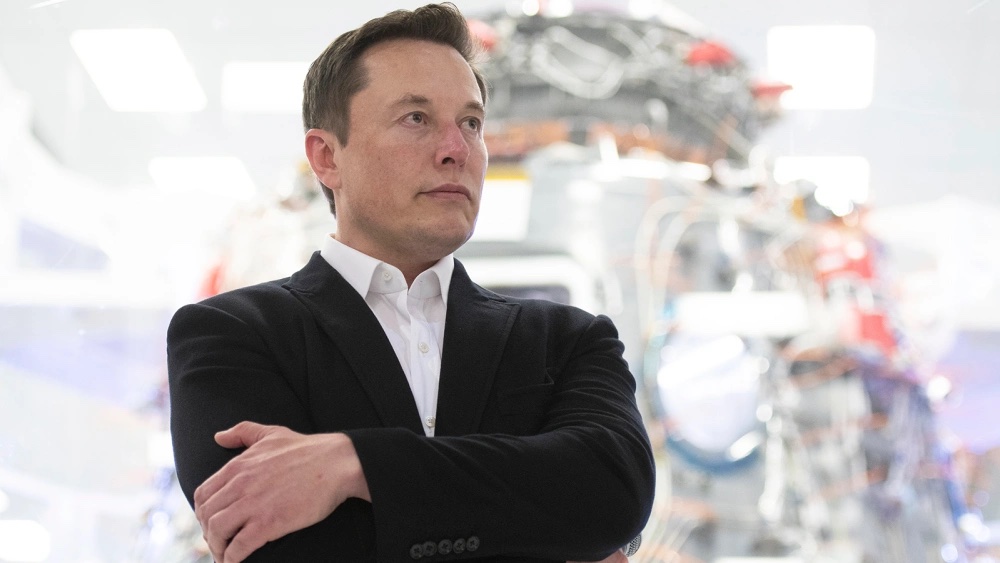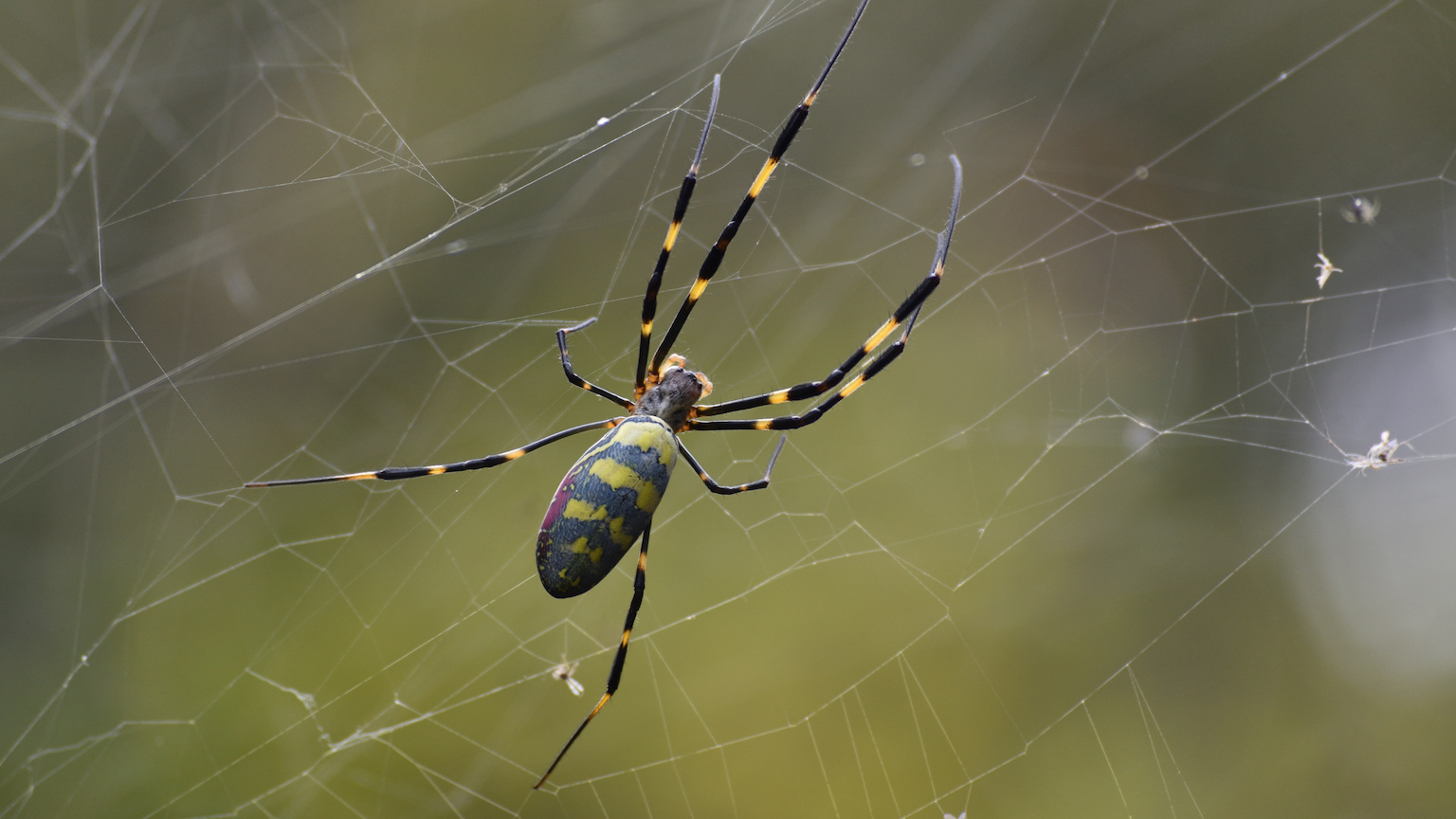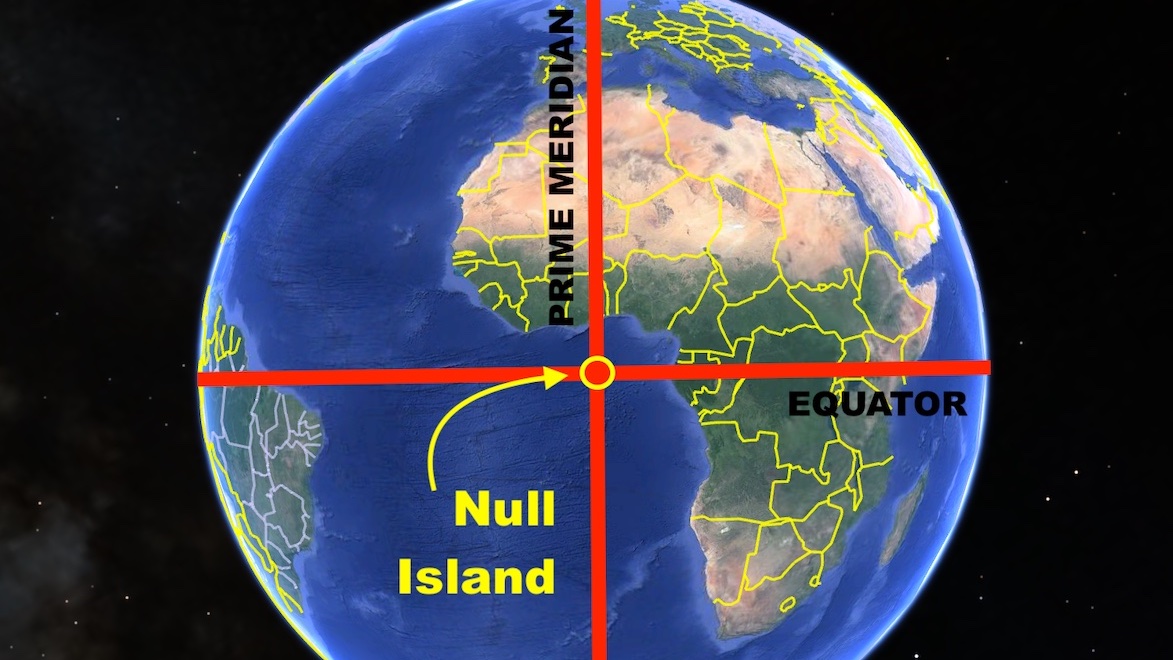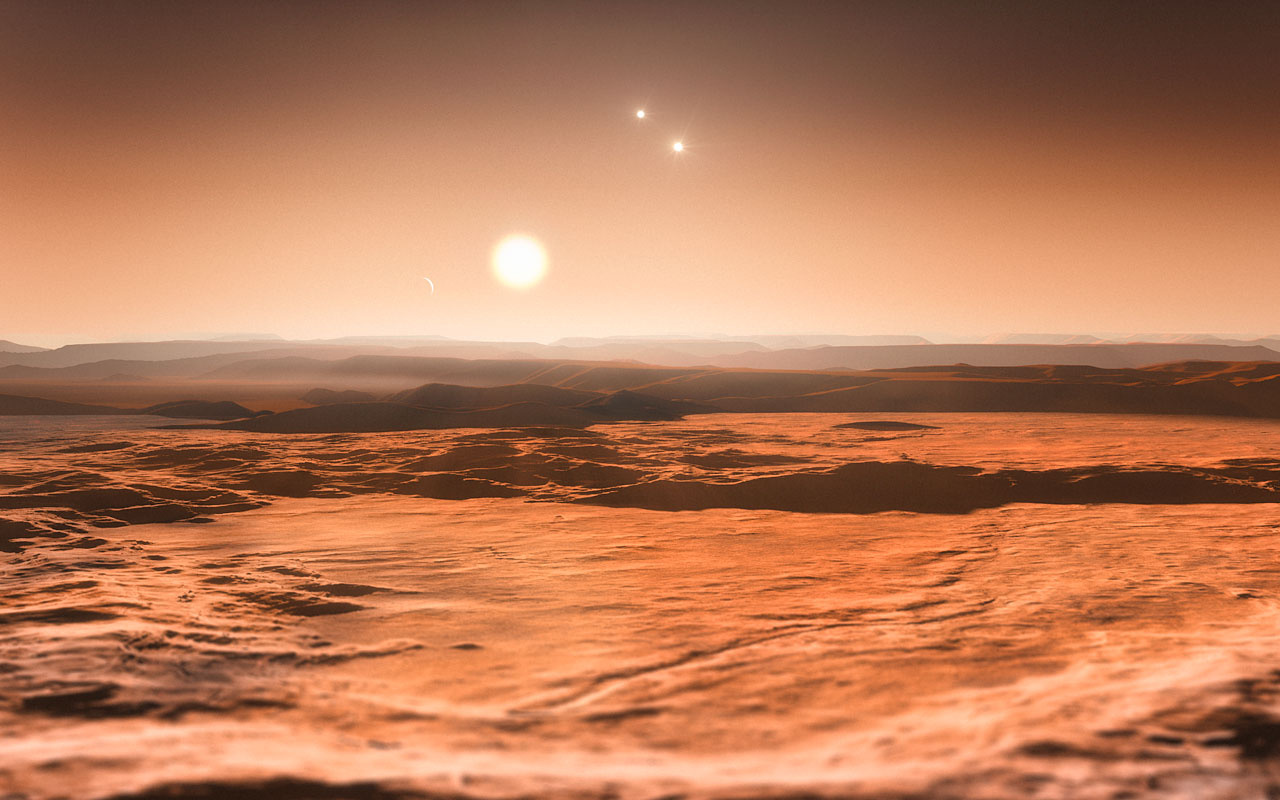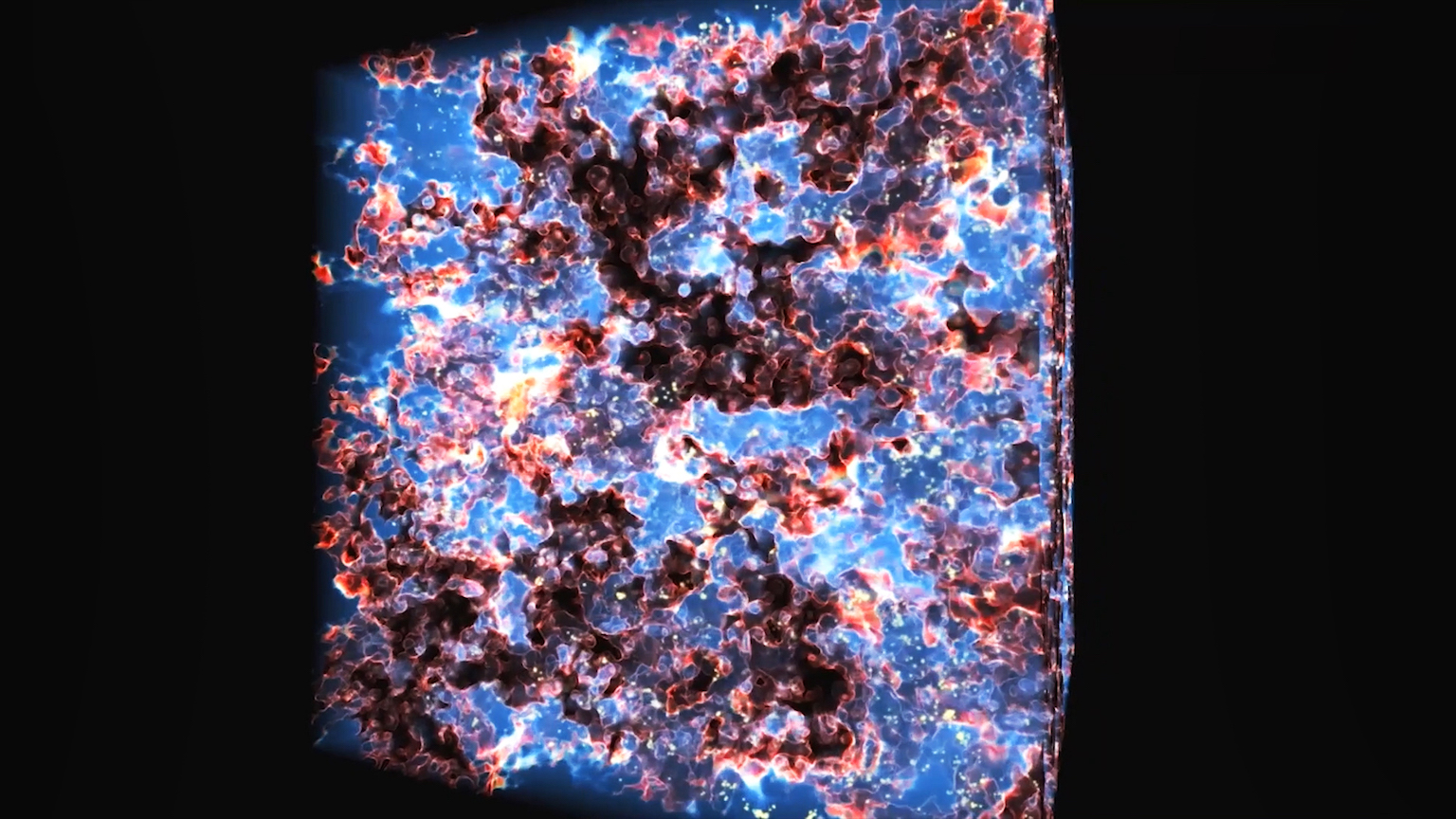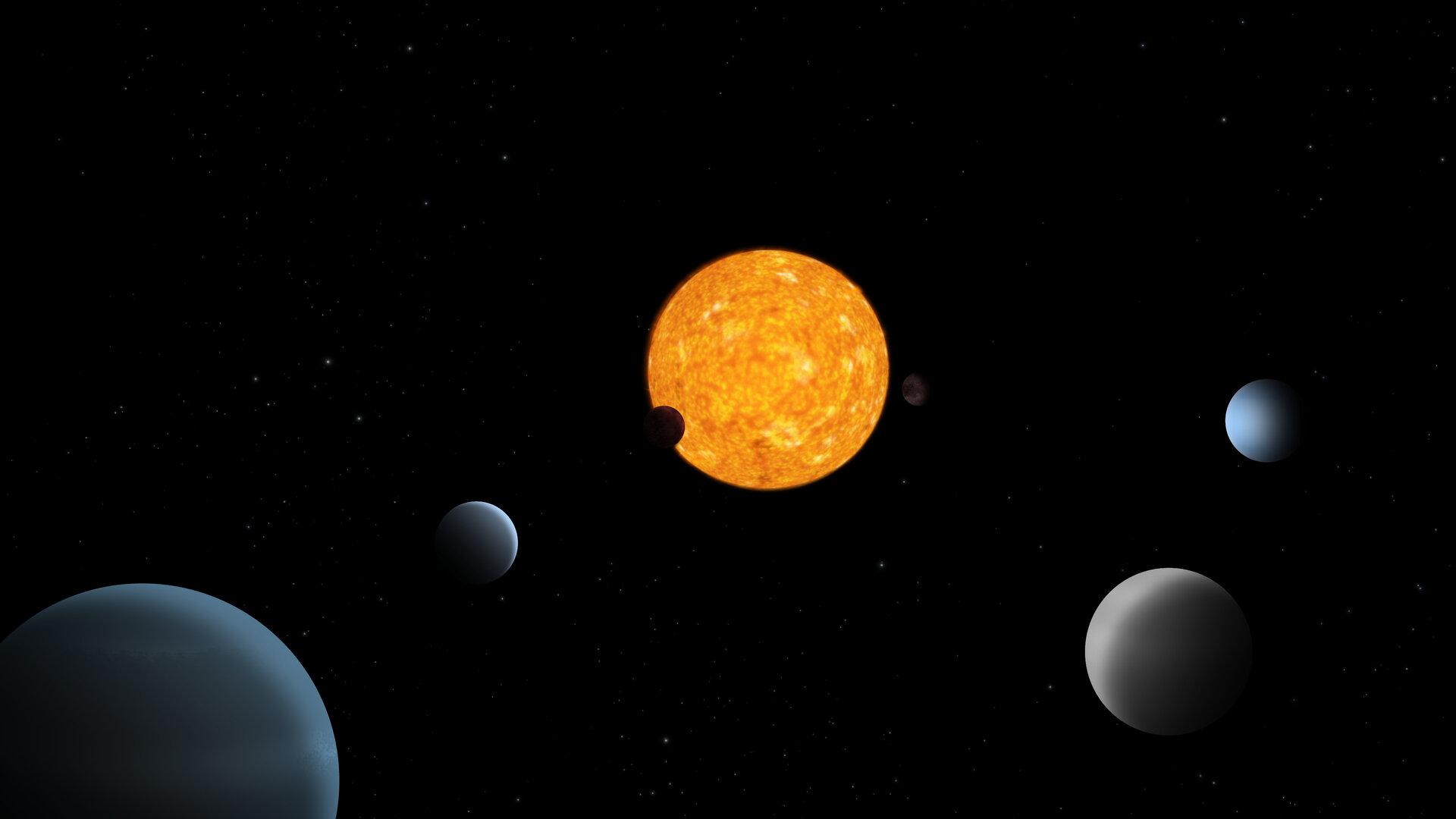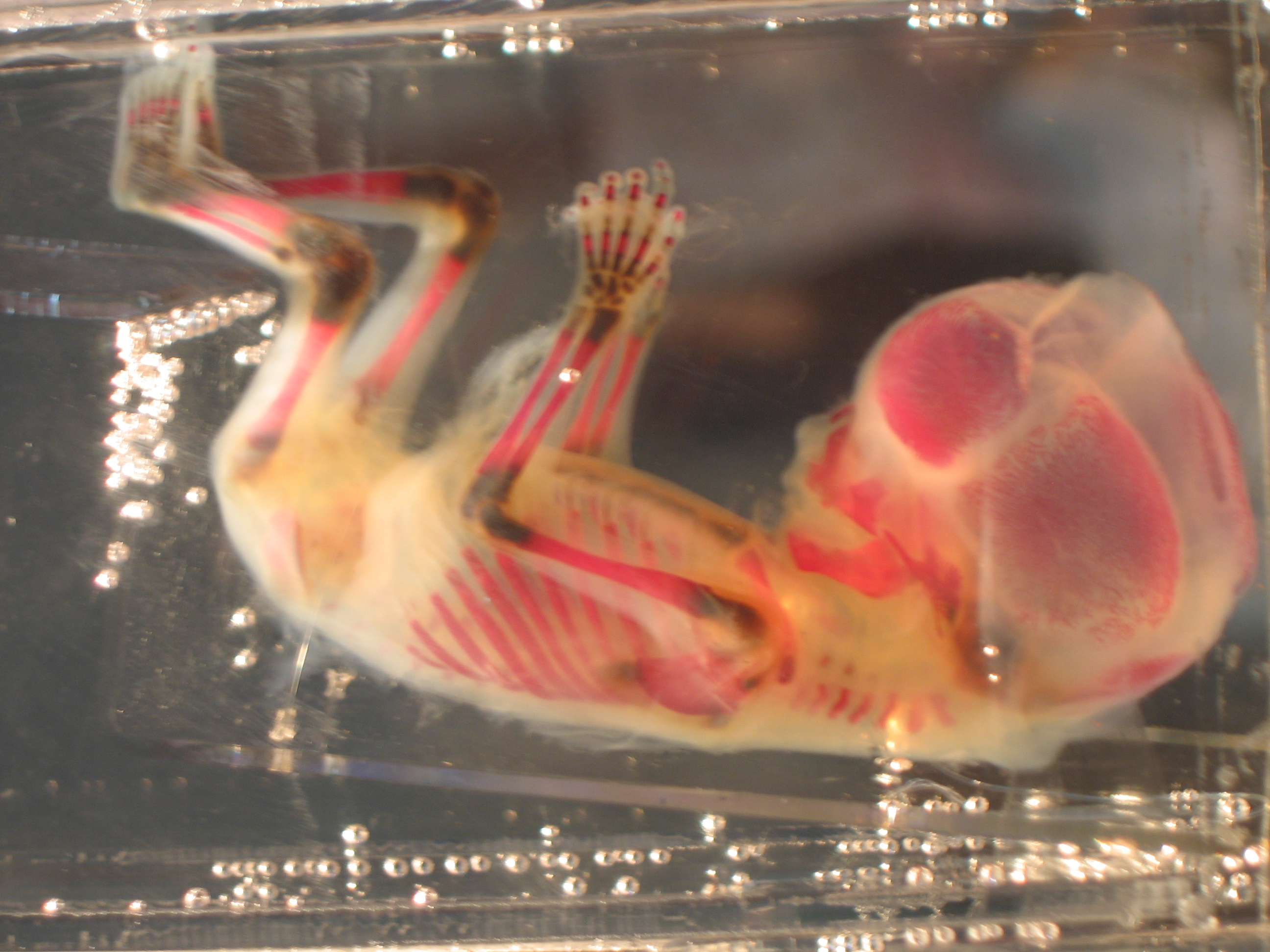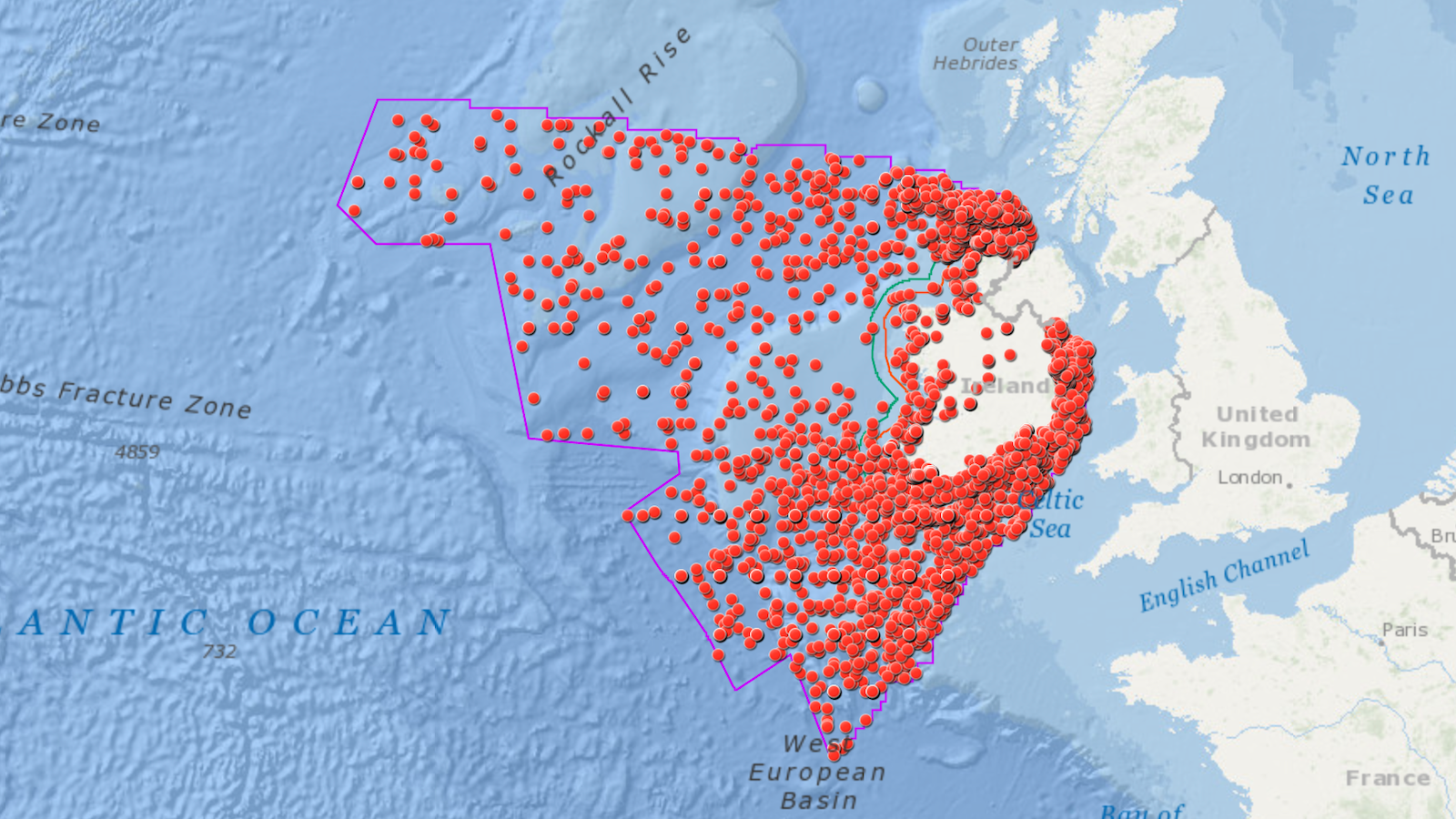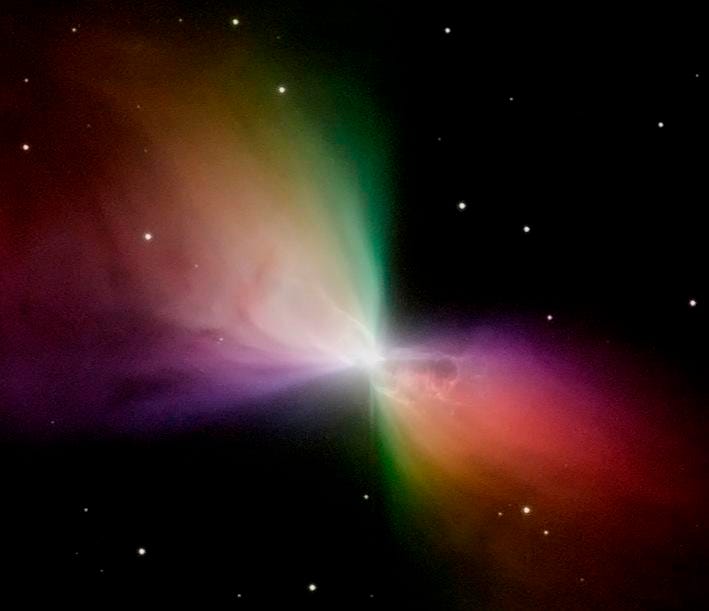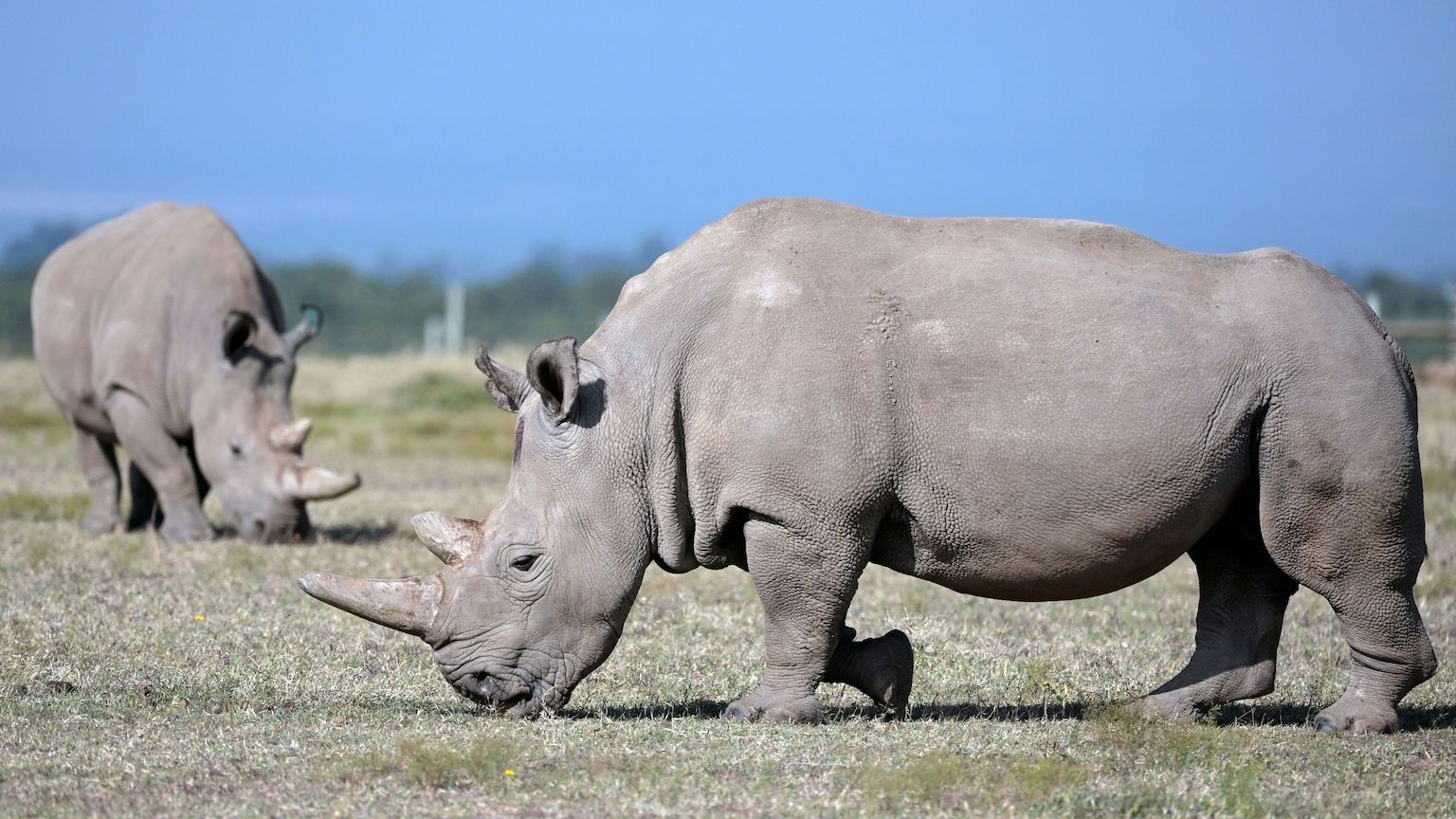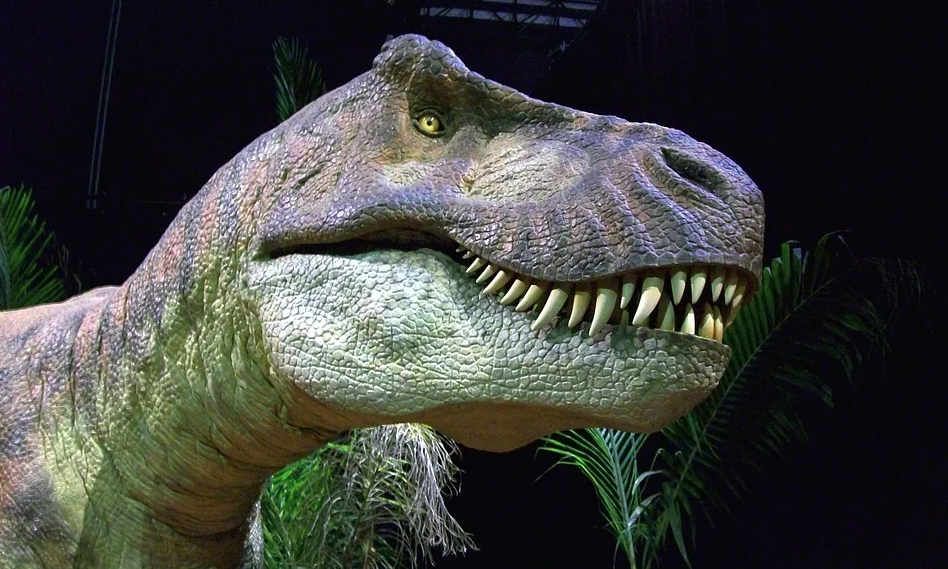Chimpanzees are able to consider the context of social interactions and can accept unfavorable outcomes — sometimes.
Multiple lines of evidence — physical, chemical, and biological — must converge for scientists to conclude that alien life has been found.
Urinating in the direction of NATO’s staunchest opponent could cost you $350 or more. For world peace, aim wisely.
To answer any physical question, you must ask the Universe itself. But what happens when the answers aren’t around anymore?
Russia has spent years exploring the viability of building a self-contained internet. It could soon become reality.
Could we all attain this superpower?
From crocodiles to birds, certain animals managed to survive some of the worst extinction events in world history.
Even a tiny sliver of the Universe can reveal the cosmic story of what’s out there and how it came to be the way it is today.
Spotty connectivity isn’t going to jeopardize Ukraine’s drone attacks.
Anesthesia causes animals and humans to lose consciousness. A study found it has a similar effect on Venus flytraps.
Michio Kaku predicts, among other things, how we’ll build cities on Mars and why cancer will one day be like the common cold.
Can a non-native species be a friend instead of a foe?
Far from being inappropriate, many of the most controversial acceptance speeches highlighted important issues in the film industry.
Modern applications of Stoicism show up in unexpected places, from the latest techniques in psychotherapy to texts on Christian theology.
Scientists find two 30-second techniques that prevent dizziness upon standing.
Where the prime meridian meets the equator, a non-existent island captures our imagination — and our non-geocoded data.
The closest star system to Earth, just over 4 light-years away, has three stars and at least one Earth-sized planet. Is it time to go there?
The James Webb Space Telescope could help scientists learn about the cosmic dark ages and how they ended.
Helplessness isn’t learned — it’s an instinctual response that can be overcome.
In 1990, we only knew of the planets in our own Solar System. Today, the exoplanet count is more than 5000. Here’s what we’ve learned.
Every year, scientists like George Church get better at editing the genomes of human beings. But will genome editing help or hurt us?
Science and the humanities have been antagonistic for too long. Many of the big questions of our time require them to work closer than ever.
Salk scientists studied complex decision-making capabilities in a worm with just 302 neurons and a mouth full of teeth. It’s smarter than you would think.
We have a morbid curiosity about nautical disaster stories. The Irish “Wreck Viewer” offers a window into centuries of marine misfortune.
Empty, intergalactic space is just 2.725 K: not even three degrees above absolute zero. But the Boomerang Nebula is even colder.
We imagine and debate the inner lives of literary characters, knowing there can be no truth about their real motives or beliefs. Could our own inner lives also be works of fiction?
Scientists at the San Diego Zoo are on a mission to resurrect the extinct northern white rhino.
Germany finds itself once again allowing a murderous dictator to run rampant in Europe, though this time it is due to incompetence and technophobia rather than malice.
When we started imaging the Universe with Hubble, every star had four “spikes” coming from it. Here’s why Webb will have more.
